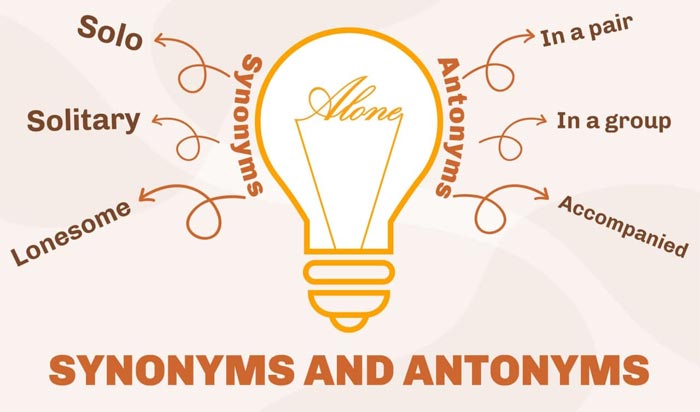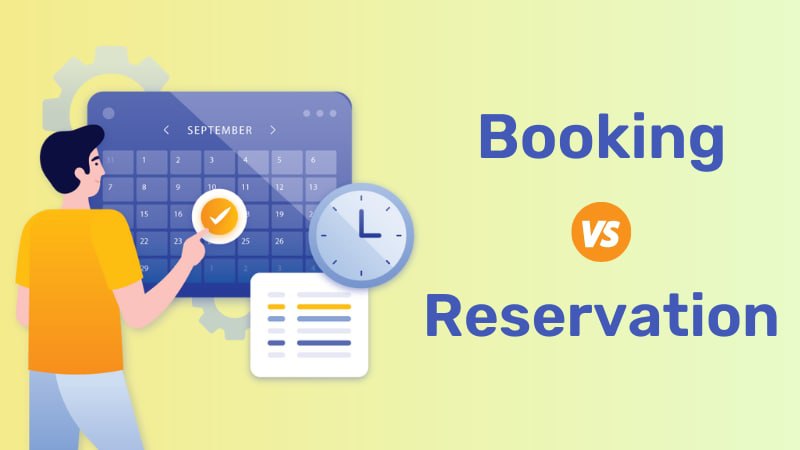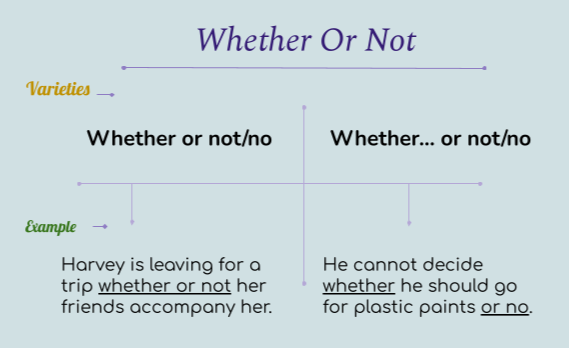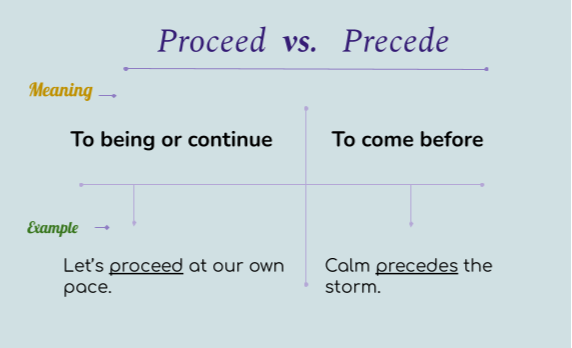Synonyms and Antonyms to Enrich Vocabulary

Synonyms and antonyms can help enrich the vocabulary of the language learner in a quick pace if they can be used productively. Knowing about the synonyms and antonyms in depth can equipe you to use them with expertise so that one can use them in widening their vocabulary in a language they are learning.
Definition of Synonym
Synonyms are words that mean the same or similar things in the same language. Synonymous words can serve the same purpose as their counterparts more often than not. Synonyms are often used to avoid repetitiveness in language when composing long speeches or written pieces. Avoiding the use of the same word over and again helps bring a polish to the language used.
Synonyms: Same or Similar?
Words with the same meaning and similar meaning have a very subtle difference. "Same" stands for the absolutely identical or easily replaceable counterparts of a source word. But "Similar" stands for a word that is not identical but close to the one it is being compared to. Words with both same and similar meanings are labelled "Synonym" and they are used in synonymous situations.
When are Synonyms Used?
Listed below are the occasions and manners of synonyms being used in the English Language -
Context
Synonyms depend on the context it is being used in. The words can be nearly similar but they can be used in slightly or completely different contexts depending on in which situation it is usually used. The adjectives, “Beautiful” and “Handsome” are synonymous in meaning and should be okay to be used in the same or similar scenarios but to compliment someone for their appearance, “Beautiful” is used for the female and “Handsome” towards the male.
Fixed Scenarios
Words with nearly similar meanings tend to be used in certain types of scenarios. Though there are subtle differences between the adjectives - adorable, pretty, gorgeous, cute, spectacular etc., they are all used to throwing compliments at people or something else. There is no particular reason why babies are “cute,” little girls are “pretty,” baby boys are “adorable,” a bride is “gorgeous” but a mountain view is “spectacular”.
Habit
Habit is a big deal when it comes to language. Language comes into being when people habitually keep using similar words in the same sequence or in the same context. With time, these become habit and the next generations just keep using similar sentences or phrases out of habit. Sometimes, habit would decide which of the synonyms are to be used in what context even after almost being the same in meaning. Certain words sound better in certain contexts and the rest are hard to sound similarly good or right in the same situation. Depending on where it is being used, the words seem to revolve in flavor too.
Definition of Antonym
The words that make contrasting or opposite sense would be considered antonyms. Antonyms would easily stand against their counterparts. Posing an opposite sense towards the word intended, antonyms keep the variety going. But just like synonyms, antonyms too, play a vital part in spicing the language up and sift out the monotony from it.
Antonyms: Opposite or Contrasting?
The word, "Contrast" means the slight distance in meaning with the word it is being compared with. "Opposite" stretches that distance farther away to the point where the word absolutely contradicts one another. These opposite or contrasting terms both serve as antonyms. Depending on what sense would work best and where, polar opposite or subtly contrasting antonyms are used in suitable contexts.
When are Antonyms Used?
Let’s take a look at when and where antonyms or opposite words are used in the English language -
Context
Undecided rules determine what words would be better suited in what context. Antonyms play along these rules and sit where absolutely opposite or slightly opposing senses flow through. It varies depending on context as to which of the antonymous terms would suit best. Depending on context or whom it is indicating to or which part of their appearance is being reviewed, the antonym of “beautiful” can be - ugly, unattractive, ordinary, disgusting or grotesque. A man may be “ugly” depending on his dress up, “unattractive” in appearance and “disgusting” in his behavior depending on the speaker/commenter’s emotions or choice of words.
Gender
Words determining the opposite gender often stand for their respective antonyms. The socially accepted binary nature of gender has allowed this to happen since there were supposedly only two types of people in the society (according to their assigned gender) and they were conventionally thought of as inherently opposite of one another in nature. That's where it came from that "Woman" should be the antonym of the word - "Man" in English. Some may argue why it is not popularized that “Animal” is the antonym word for “Man” but most antonym lists would give “woman” as the answer.
Wider Choice of Words
With a good collection of synonyms and antonyms at hand, the writer or speaker can be versatile in terms of choosing between them. That would diminish the monotony from the language used in daily life. Having a large enough vocabulary showcases mastery of the language and that in turn, entails a greater level of fluency and expertise in using the right words in right contexts. Without a good range of antonyms available in your vocabulary, the speeches and write-ups can lack spark.
Determine New Words
Getting to know new words becomes easier when you know the synonym or antonym of that particular word. If you know what “good” means, putting the similar meaning of the word, “well” would be easier to have entered into your vocabulary. Same goes for antonyms like - bad, evil, vile, disagreeable, unacceptable etc. which can enter your collection of words more easily than adding random words to the existing collection.
Acquiring a Bigger Vocabulary
Widening the extent of your known words is a big challenge for the new learners of any language. It proves to be a hard job to keep enriching the collection of words in your target language. But after a certain point, an advanced level of linguistic expertise requires a vast collection of words. Since synonyms and antonyms can fast track you into opening up to a wider range of vocabulary quicker, it can be a fantastic tool for language learning. For the learners of the English language or any target language for that matter, learning sets of words as synonyms and/or antonyms of the same word acquired earlier is always easier than learning completely different words with various meanings.
Thesaurus
Thesaurus is a dictionary containing synonyms and antonyms of words that help people look them up more exclusively than inside an ordinary dictionary. An ordinary dictionary would have the meaning and examples of the word being used in sentences. But a thesaurus would have synonyms and antonyms of a single word listed in a dictionary-like manner. It can be a handy tool for learning the synonyms and antonyms of a known word in bunches. You may know these words separately but how they can convey similar senses or meanings will help connect the dots in your mind and keep them listed in an organized fashion.
Learning words in a vacuum is always less effective than learning them in pairs or sets. Pairing words with their synonym and/or antonym counterparts always works like magic for new learners of a language as they wish to acquire a larger volume of words as quickly as possible.
Grammar
Read More
- How to Use "Therefore" in Sentences Avoiding Common Mistakes
- How to Use "Whereas" with Examples and Avoid Common Mistakes
- When and How to Use "Thus" Correctly Without Common Mistakes
- How to Use "On the Contrary" Properly with Meaning and Examples
- When and How to Use "Either/Or" with Examples and Common Mistakes to Avoid
- How to Use "On the Other Hand" Effectively without Mistakes
- How to Use "Respectively" with Example and Common Errors to Avoid
- How and When to Use "Moreover" Without Mistakes
- How to Use "Likewise" in Sentences Based on Context & When not to Use
- When & How to Use "Although" in Sentences to Avoid Mistake



